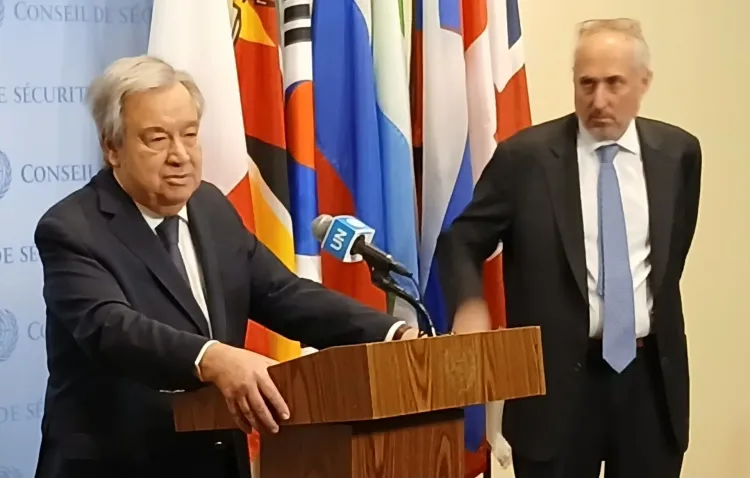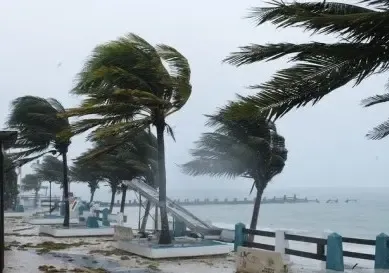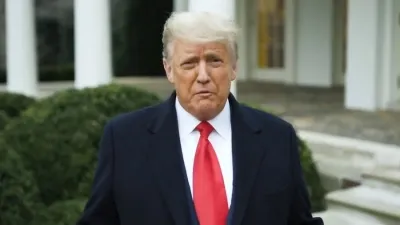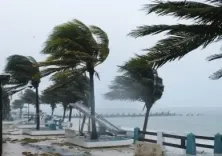Is the Ceasefire Between India and Pakistan a Turning Point?

Synopsis
Key Takeaways
- The ceasefire represents a critical opportunity for dialogue between India and Pakistan.
- UN officials highlight the importance of addressing unresolved issues post-ceasefire.
- Both nations are urged to exercise restraint to prevent further escalation.
- The ceasefire could lead to a more stable and peaceful region.
- Cooperation between India and Pakistan is essential for long-term peace.
United Nations, May 13 (NationPress) With the ceasefire between India and Pakistan remaining intact, “we're in a better place,” stated the spokesperson for United Nations Secretary-General Antonio Guterres, Stephane Dujarric, on Tuesday.
“We hope the ceasefire will continue to endure, and we trust that both parties will utilize this opportunity to address numerous unresolved issues between them,” he remarked during his briefing.
“The ceasefire is indeed holding,” Dujarric affirmed while responding to a Palestinian journalist's critique of Prime Minister Narendra Modi, who suggested that his remarks on Monday implied the ceasefire is “very fragile.”
To support his claim, the journalist referenced a statement from Pakistan urging India to modify its tone regarding the Prime Minister's comments.
Dujarric added, “We're in a better position now than we were previously.”
The ceasefire was established on Saturday, concluding four days of conflict after a call from Pakistan's Directorate General of Military Operations (DGMO) to their Indian counterpart.
In retaliation for last month's attack by The Resistance Front, an affiliate of Lashkar-e-Toiba, which resulted in the death of 26 individuals in Pahalgam, India executed targeted strikes on terrorist facilities in Pakistan and the Kashmir region it occupies last Wednesday.
This led to Islamabad initiating strikes on India, escalating the situation further.
Following the announcement of the ceasefire, Guterres welcomed it as “a positive step toward ending current hostilities and alleviating tensions.”
Earlier, as tensions were rising, he had called for restraint, expressing, “The world cannot afford a military confrontation between India and Pakistan.”









